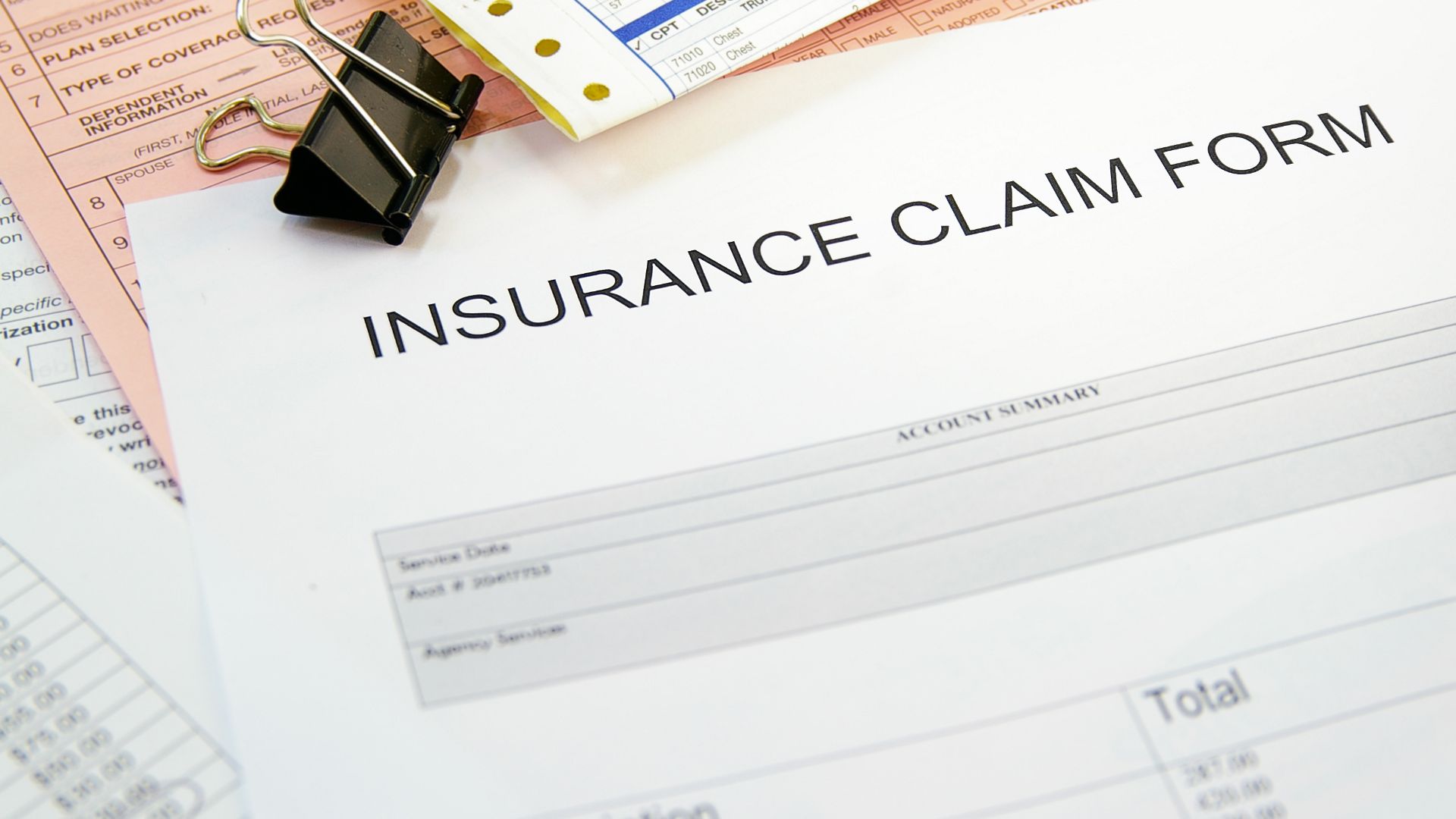Environmental insurance offers businesses protection against unexpected environmental liabilities stemming from their operations. This insurance is essential for small business owners, who may lack the financial buffer to efficiently handle environmental cleanup costs, legal fees, and related expenses. This article will explore the nuances of environmental insurance claims, providing small business owners with a basic understanding of how to begin navigating these complex insurance industry issues. Understanding the fundamentals of environmental insurance, the claims filing process, and overcoming common challenges are crucial steps for small business owners aiming to protect their businesses against environmental risks.
What is Environmental Insurance?
Environmental insurance, also known as pollution liability insurance, is designed to cover the costs of pollution cleanup and provides liability coverage for damages caused by environmental exposures that aren’t offered by general liability policies. This specialized form of insurance is vital in today’s business world, where minor environmental incidents can lead to substantial financial liabilities and damage a company’s reputation.
Environmental Insurance Claims and the Environmental Risks Businesses Face

An environmental claim arises when a business is held liable for damages due to pollution or contamination. This can include incidents like chemical spills, water contamination, air pollution, and other events that harm the environment, property, or individual health. Environmental claims can be filed by third parties affected by the incident or by the business to cover cleanup costs.
The assumption that environmental risks are only a concern for large corporations or industries traditionally associated with pollution is a costly misconception. Small businesses across various sectors may face environmental liabilities that can arise from everyday operations. With tighter budgets and smaller margins, they are particularly vulnerable to the financial devastations that environmental incidents can cause. Here are some claims that businesses can face
Cleanup Costs Liability
This liability arises when a business is legally required to remove pollution or contamination it has caused to land, water, or air. The process can be extensive and expensive, involving soil excavation, groundwater treatment, and air purification, meaning environmental insurance plays a crucial role in covering these costs.
Natural Resource Damage Liability
Businesses can be held liable for damages to natural resources, such as waterways, parks, and ecosystems, resulting from their operations. This liability extends to the costs of restoring the damaged resources and compensating for their loss of use and business interruption during recovery.
Bodily Injury Liability
Liability for bodily injury arises when individuals experience health issues after being exposed to toxic substances or pollutants released by a business. Bodily injury liabilities include medical expenses, loss of income, and pain and suffering.
Property Damage Liability
When environmental contamination from a business’s operations leads to property damage, such as soil contamination or structural damage from pollution, the company is liable for repairs and devaluation.
Air Emissions Liability
Businesses emitting pollutants into the air that exceed regulatory limits or cause health issues may face liability for air emissions, including the costs of mitigating the pollution and any health-related claims.
Water Pollution Liability
When businesses contaminate bodies of water through direct discharges or runoff, it can lead to liability for cleanup, penalties, and damages to affected parties.
Waste Management Liability
Improper disposal or management of waste, especially hazardous waste, can result in significant liability for contamination and health risks.
Asbestos and Lead Liability
Asbestos or lead in buildings poses significant health risks, leading to liability for removal, health claims, and property devaluation.
Mold Liability
Mold growth, often resulting from water damage or high humidity, can cause property damage and health issues, leading to liability for remediation and health-related claims.
Non-Compliance Penalties
Failing to comply with environmental regulations and federal and state laws can result in penalties, including fines, legal fees, and corrective action costs.
Navigating the Environmental Insurance Claim Process

Successfully navigating the environmental insurance claims process requires preparation, organization, and understanding of your policy’s specifics. Let’s look at the process for small business owners and the best practices for managing claims efficiently and effectively.
A Step-by-Step Guide on How to File a Claim
As business owners move through the claims process, they must keep lines of communication open with their insurer, respond promptly to requests for information or documentation, ensure all information provided is accurate and truthful to avoid disputes or delays, and should not hesitate to seek professional advice or assistance. Let’s walk through the process step-by-step.
- Understand Your Policy: Before an incident occurs, familiarize yourself with your environmental insurance policy. Know the covered incidents, coverage limits, and applicable deductibles.
- Engage with Professionals: Regardless of the incident’s severity, consulting with legal professionals and environmental consultants is always advisable. These experts can help navigate the complexities of environmental regulations and claims processes.
- Immediate Action and Notification: In the event of an environmental incident, take immediate action to mitigate the damage (if safely possible) and notify your insurer as soon as possible. Early notification is crucial for a favorable outcome.
- Document Everything: Document the incident in as much detail as possible, including detailed incident reports, photographic evidence, environmental impact assessments, correspondence with regulatory bodies or affected third, and receipts for any immediate mitigation or cleanup efforts to minimize damage.
- Submit the Claim: Provide your insurer with a detailed claim submission, including all documentation of the incident, mitigation efforts, and any third-party reports or assessments. Be thorough and precise to avoid delays.
- Cooperate with the Insurer’s Investigation: The insurer will conduct its investigation into the claim, which may involve site visits, interviews, and reviews of documentation, and cooperation is essential for a smooth process.
- Review the Settlement Offer: Once the insurer presents a settlement offer, review it carefully. Ensure it covers all aspects of the incident, including cleanup costs, legal fees, and other expenses.
- Negotiate if Necessary: If the settlement offer does not fully address the damages or expenses, be prepared to negotiate to recover your costs. Having detailed documentation and expert assessments can strengthen your position.
How to Respond to Claims Made Against Your Company
Business owners must file environmental insurance claims for incidents they’re directly involved in and be prepared for claims made against them by third parties. Understanding how to respond to such claims and implementing preventative measures can significantly reduce the risk and impact of these situations.
- Immediate Response: Acknowledge any claims made against your business promptly and notify your environmental insurance provider.
- Legal and Professional Advice: Seek advice from environmental lawyers and consultants to understand the implications of the claim and the best course of action.
- Documentation: Collect and preserve all documents and evidence related to the claim, including any communications with the claimant and environmental reports.
- Insurance Company Coordination: Work closely with your insurer to understand the pollution coverage available for the claim and collaborate on the response strategy.
- Settlement Negotiations: Consider settlement options if advised by your legal counsel and in coordination with your insurance provider.
Preventative Measures to Take Before Claims Are Made Against You
Small businesses can better prepare for and respond to claims made against them by taking preventative steps. This proactive approach helps manage risks and enhances the business’s reputation and relationship with the community and regulatory bodies. Here are some preventative measures to take
- Regular Environmental Audits: Conduct regular environmental risk assessments and audits to identify and mitigate potential risks.
- Compliance with Environmental Regulations: Ensure strict adherence to all relevant environmental laws and regulations to minimize the risk of non-compliance claims.
- Employee Training: Educate employees on environmental best practices and the importance of compliance with environmental policies.
- Environmental Management Systems (EMS): Implement an EMS to manage environmental issues and demonstrate commitment to environmental responsibility systematically.
- Community Engagement: Engage with the community and stakeholders to build trust and proactively address environmental concerns.
Pollution Insurance is Crucial to Protect Against Environmental Liability Claims
Given the financial, legal, and reputational risks that unexpected environmental incidents pose, understanding, managing, and preparing for environmental insurance claims is essential for business owners. By engaging in proactive risk management through regular environmental audits and compliance with regulations, understanding the environmental insurance market, seeking professional advice, and fostering community relations, businesses can mitigate their vulnerability to environmental liabilities. The value of environmental responsibility and proactive risk management cannot be overstated. It’s a strategic investment in a business’s sustainability and resilience in an eco-conscious era.




